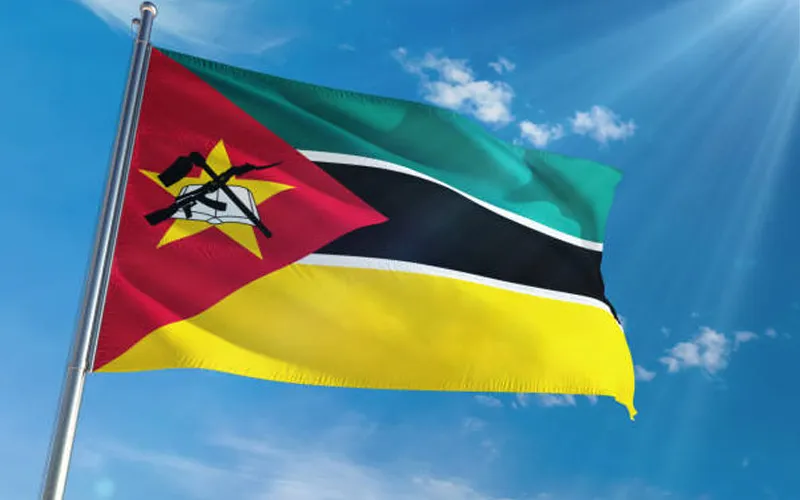Those who have spoken to the peace organization that is monitoring the evolution of violence in Mozambique say that they are being forcefully evicted from their land “so that the State can grant access to prospectors and multinationals.”
Last week, the peace and charity organization reported cases of conflict between displaced people and local residents in Cabo Delgado over land.
Mr. Viljoen makes reference to Cabo Ligado, a local media entity, which he says has also reported the perception among displaced people that their displacement is the point of the ongoing conflict.
The media entity reports, “While there is no evidence to suggest that the conflict is a private or state land grab, the government’s mishandling of the displacement crisis has fueled belief in the theory.”
For instance, according to the report, displaced people have asked government officials for documentation certifying the village that they come from and the property they hold there in view of being able to recover that property after the conflict.
“The government has refused to issue any such documentation,” the Cabo Delgado report indicates, adding, “Indeed, the government itself … said that it expects most displaced people will never return home.”
“So long as there is no plan to assist them in doing so, land competition on the outskirts of the conflict zone will continue to be a problem and distrust of the government’s motives will only increase among displaced populations,” the local media entity reports.
The leadership of the SACBC peace entity has also reported that police in Maputo are on high alert following claims in media reports that insurgents are planning an attack on the capital city of Mozambique.
“Word has been going around that insurgents have given diplomatic and consular staff 30 days to leave the city, after which they will start blowing up offices and residences of diplomatic and consular personnel, turning Maputo into a ‘Damascus, Mogadishu, Tripoli or Kabul’ in memory of martyrs killed around the world,” Mr. Viljoen says in the June 10 report shared with ACI Africa.
He adds, “The threat appeared on social media, mainly WhatsApp, and claims to have been issued by insurgent leader Abu Yasir Hassan.”








